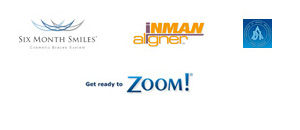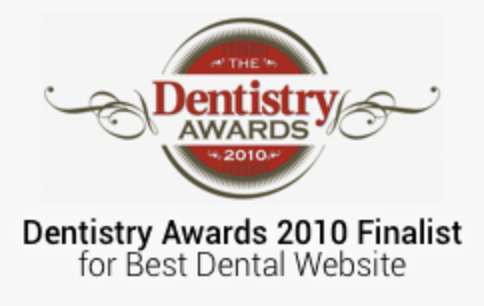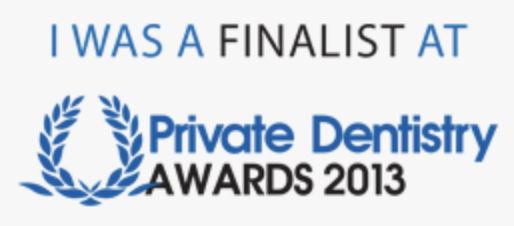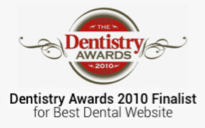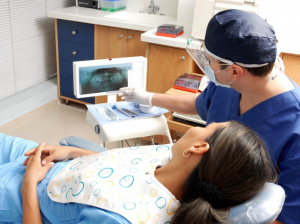
Oral cancer is cancer that develops in any part of the mouth – including the lips, tongue, cheeks, floor of the mouth, hard and soft palate, sinuses, and pharynx. If undiagnosed and left untreated, oral cancer can be life-threatening.
Symptoms of oral cancer can mimic many less-serious conditions, so its always best to get checked out if you have any of the following:
- Pain particularly in the ear, mouth, or face
- Painful swallowing
- Ulcers
- Mouth sores that will not heal
- Bleeding in your mouth
- Bad Breath
- Red and white plaques in mouth
- Enlarged neck lymph nodes
- A cough that will not go away
- Teeth that become loose not as the result of impact/trauma
Mouth cancer patients will most often see a specialist such as oncologists or otolaryngologists for treatment.
The good news is that oral cancer is highly preventable:
- Don’t use tobacco in any form
- Limit alcohol consumption
- Reduce/minimize sub exposure
- Always use lap balm with SPF 30 or higher
- Eat a diet full of fruits and vegetables
Keeping your regular 6-month dental checkups is a great way to ensure healthy teeth, but also to look after your overall oral health. Dentist visits are a first-line of defense in working with you to look at anything that may be troublesome or indicate you have a condition, such as oral cancer, that needs treatment by a specialist.
Early detection can result in better treatment outcomes … so just another reason to get into the dentist!
To make an appointment for an oral cancer screening, or to discuss any of your dental concerns or questions, email us at info@lifestyledental.co.uk, or call us on 01772 717316.
As we age our bodies change, and this is true for our teeth and gums, too! Not only that, but the everyday wear and tear of life can take a toll on your teeth. Here are three tips on what to expect and how to maintain oral health as you grow in years and wisdom:
- Take it easy … reduce the wear and tear on your teeth
Teeth are very strong and this is still true as you age, however, like all things they can be worn down. A lifetime of use chewing, grinding, biting, and tearing cause your teeth to wear down over time. To help combat this, be conscious of the stress you are putting on your teeth and when possible cut down on chewing hard foods or ice that can cause damage. - Attack dry mouth
As you age you may experience dry mouth caused by a reduced flow of saliva. Saliva is important to lubricate your mouth, wash foods away, and combat acids produced by plaque. The easiest way to combat dry mouth is to drink more water. You can also suck sugarless candy or chewing gum. - Keep an eye out for changes in your mouth
Keep a diligent eye on your mouth and oral health looking for changes including pain and bleeding as well as changes to your tooth color, and gums and speak with your dentist about it.
To discuss any of your dental concerns or questions, email us at info@lifestyledental.co.uk , or call us on 01772 717316.
Cavities are not child’s play! Here are 5 truths about cavities you should know 🙂
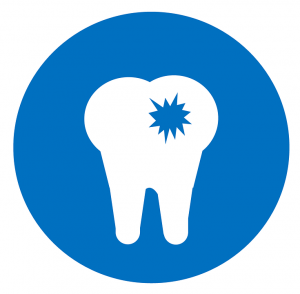
- Tooth decay can be caused by exposure to acidic foods
Acids in the foods you eat and drink can cause your tooth enamel to wear away, weakening your teeth and ultimately lead to tooth decay. - Cavities happen without the presence of pain
The truth is if you have pain it is because you have advanced damage affecting your nerve. Visit with your dentist every 6 months in order to maintain oral health and identify mild tooth decay before it gets worse leading to pain and more intensive treatment plans. - Sensitive teeth is not always a sign of decay
If you have sensitive teeth it could be a sign of decay, but that is not always the case. You could have hypersensitive teeth or various other causes which lead to sensitivity. - Small spaces and gaps in your teeth encourage cavities
Smaller gaps in your teeth are harder to clean and therefore are more susceptible to tooth decay. - Oral hygiene is the best way to prevent cavities
That’s right, brushing and flossing is the best way to prevent cavities! Brush at least twice a day with a fluoridated toothpaste to help prevent cavities.
If you have any concerns about your oral health, make a visit with your dentist right away. To discuss any of your dental concerns or questions, email us at info@lifestyledental.co.uk , or call us on 01772 717316.
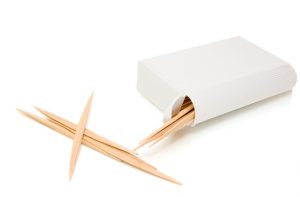 The truth is that most dentists will agree that they would rather people not use toothpicks, or that they at least be used very infrequently. The fact is that toothpicks are not a replacement or alternative for brushing your teeth with the proper tools of a toothbrush and toothpaste, floss, and mouthwash.
The truth is that most dentists will agree that they would rather people not use toothpicks, or that they at least be used very infrequently. The fact is that toothpicks are not a replacement or alternative for brushing your teeth with the proper tools of a toothbrush and toothpaste, floss, and mouthwash.Do you suffer from bad breath ?
Nadim talks about a sensitive issue

